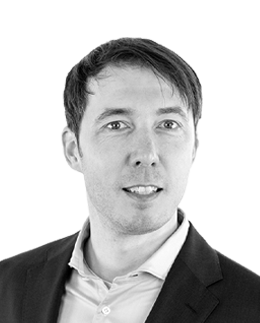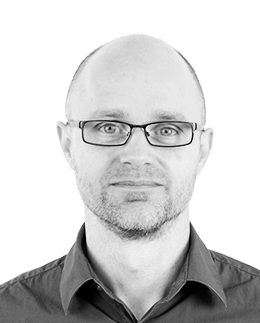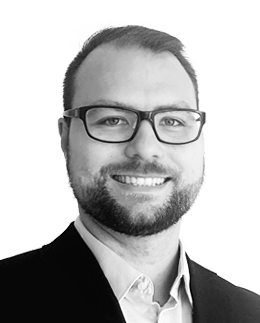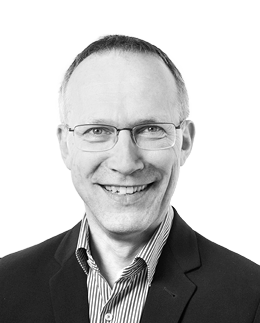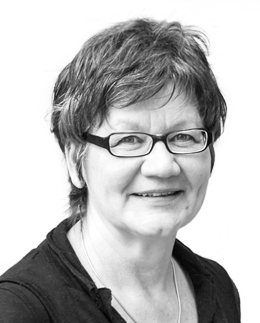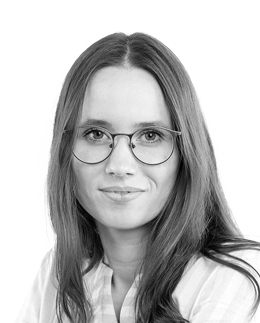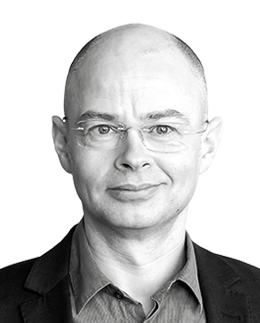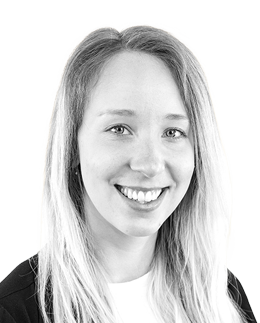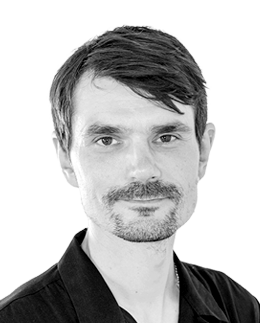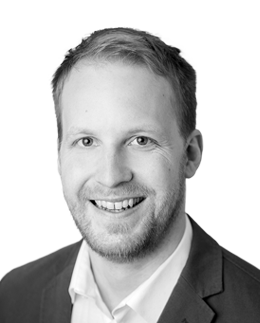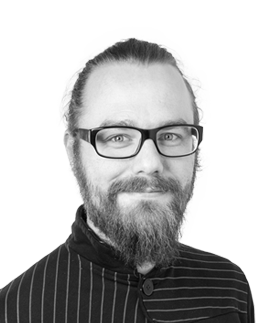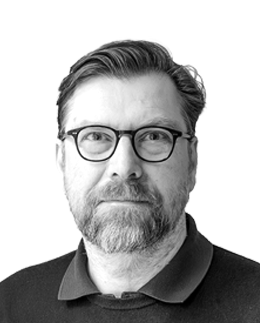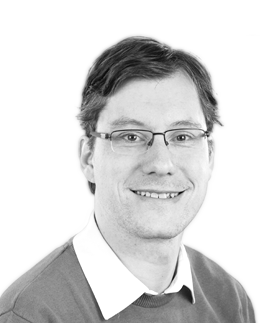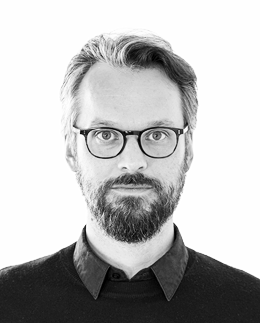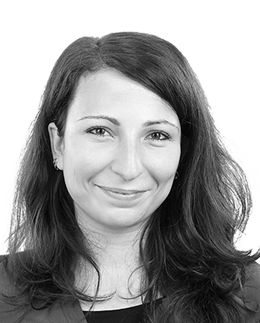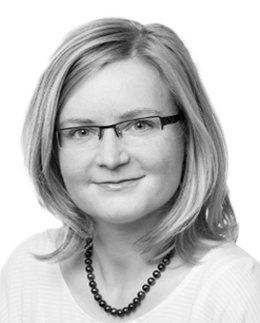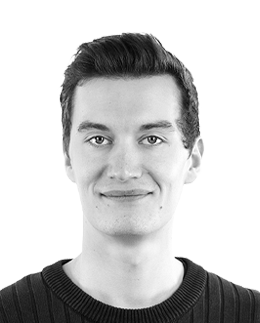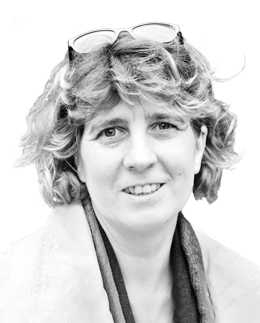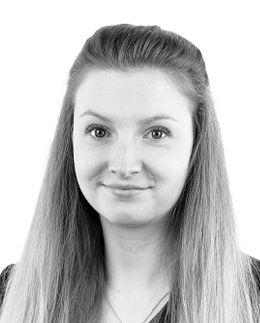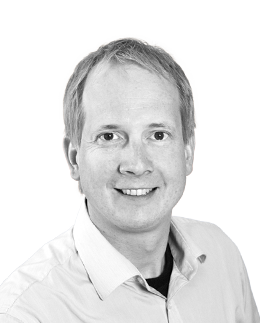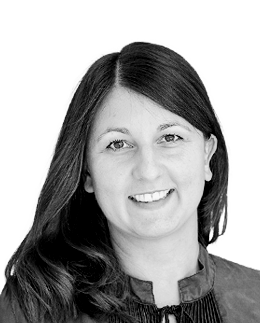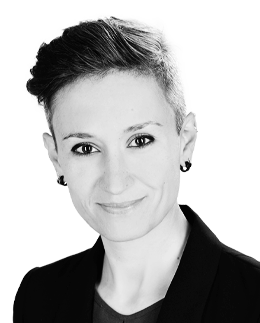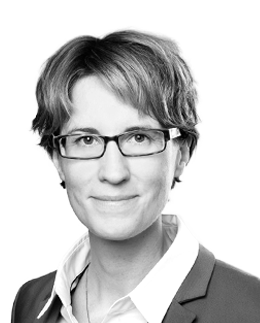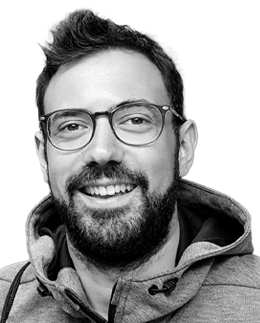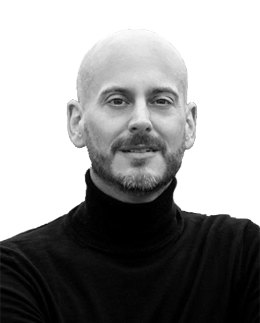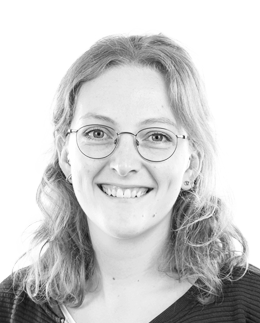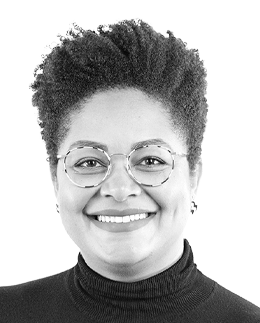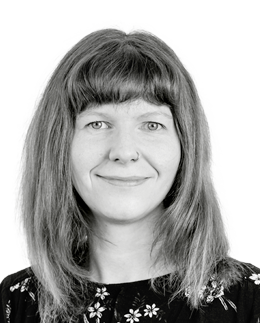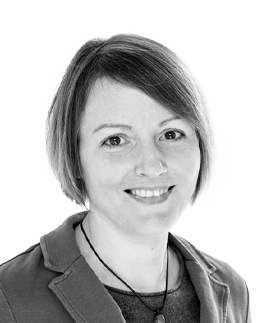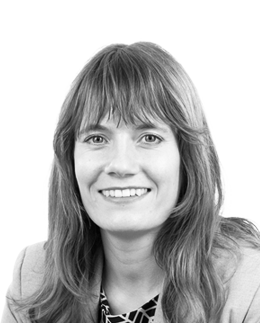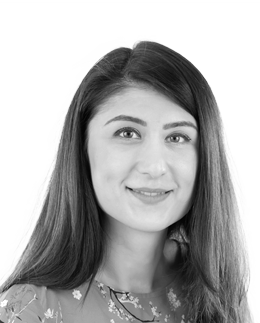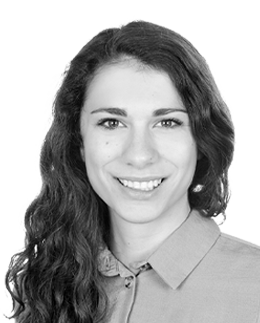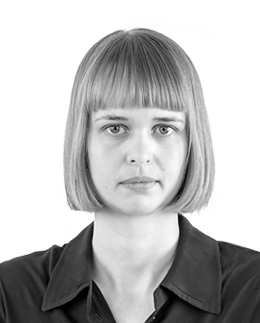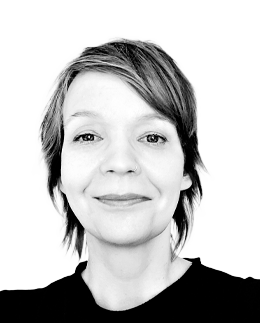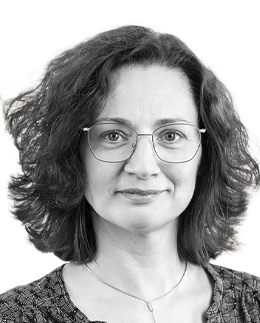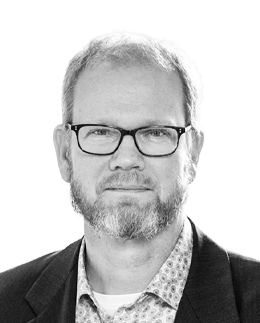Jessica Ordemann graduated with a PhD in Sociology from the University of Leipzig and a master from the Free University Berlin. Before joining the DZHW she worked as researcher at the universities of Hamburg and Leipzig and scientific coordinator for the German national report on education.
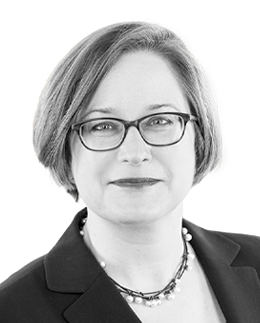
Dr. Jessica Ordemann
Research Area Educational Careers and Graduate Employment
Researcher
- +49 511 450670-128
- +49 511 450670-960
- Google Scholar
- Orcid
Academic research fields
Educational inequalities, labor market
List of projects
List of publications
Grenzen im Trend zu höherer Bildung. Aktuelle Entwicklungen und Herausforderungen im Schulwesen.Mank, S., Schulz, S. M., Ordemann, J., Kühne, S., & Maaz, K. (2021).Grenzen im Trend zu höherer Bildung. Aktuelle Entwicklungen und Herausforderungen im Schulwesen. Schulverwaltung Niedersachsen(4), 100-104. |
ASA IPM Newsletter February 2021 with a Symposium about " The relevance of COVID-19, Black Lives Matter and the U.S. election for future IPM research: How will these issues change the future of inequality, poverty and mobility research? " .Ordemann, J. (Hrsg.). (2021).ASA IPM Newsletter February 2021 with a Symposium about "The relevance of COVID-19, Black Lives Matter and the U.S. election for future IPM research: How will these issues change the future of inequality, poverty and mobility research?". 7 (1). Washington, DC: American Sociological Association.
|
Non-traditional students and alumni in Germany.Brändle, T., & Ordemann, J. (2020).Non-traditional students and alumni in Germany [Sonderheft]. Studia paedagogica, 25(4)(Non-Traditional Students in Tertiary Education), 35-50. Abstract
This article gives an overview about current research on non-traditional students and alumni in Germany. Its aim is to highlight similarities and differences with their traditional counterparts. The paper concentrates on the motivation to study, study performance, and labor market success (status and income) of those who do not hold a traditional higher education entrance certificate but entered university via occupational qualifications. We show a widespread divergence in findings from no statistical difference at all to clear differences between non-traditional and traditional students and alumni. This holds true with regard to student motivation, study performance, and labor market success after graduation. |
Durchlässigkeit bei steigenden Bildungsbedarfen: aktuelle Trends und Herausforderungen im deutschen Bildungswesen.Kühne, S., Maaz, K., Mank, S., Ordemann, J., & Schulz, S. (2020).Durchlässigkeit bei steigenden Bildungsbedarfen: aktuelle Trends und Herausforderungen im deutschen Bildungswesen. Recht der Jugend und des Bildungswesens, 272-278. Abstract
The presented article deals with recent trends in the German education system as identified in the national report “Education in Germany 2020”. It illustrates those trends by using examples from the school system and, furthermore, describes the challenges that arise. Special attention is given to the focus topic of education in a digitized world. |
The National Report on Education – Germany.Ordemann, J., Maaz, K., & Kühne, S. (2020).The National Report on Education – Germany. In C. Oggenfuß & S. Wolter (Hrsg.), CIDREE Yearbook 2020 (S. 41-54). Berlin: SKBF-CSRE. Abstract
This contribution gives an overview of the German Report on Education. Published every two years, the indicator-based report takes a holistic approach to the German education system, from preschool to primary and secondary school to adult education. The article outlines the scope of the report and details its target audiences. Following this, the contribution describes the legislative framework of the report its legal foundation in Germany's Basic Law and its part in the strategy of educational monitoring in Germany. Then, it addresses the report's conceptual foundations, with its underlying characteristics, understanding of education, and indicator concept. Finally, the contribution presents findings from the German Report on Education. |
Bildungsprozesse im Lebensverlauf: Der kontinuierliche Erwerb von schulischen Bildungsabschlüssen.Maaz, K., & Ordemann (2019).Bildungsprozesse im Lebensverlauf: Der kontinuierliche Erwerb von schulischen Bildungsabschlüssen. In G. Quenzel & K. Hurrelmann (Hrsg.), Bildungsarmut (S. 335-467). Wiesbaden: Springer VS. |
Soziale Herkunft, Statusreproduktion und Studium ohne Abitur.Ordemann (2018).Soziale Herkunft, Statusreproduktion und Studium ohne Abitur. Sozialer Fortschritt, 67(4), 269-282. Abstract
The following paper inquires if studying without an official university entrance certification decreases the relationship between social origin and status attainment for those non-traditionals. Using data of the starting cohort adults SC6 7.0.0 of the National Educational Panel Study (NEPS) I can show, that after five years in the labor market, the social origins of non-traditionals from the lower and middle classes have no effect on their status attainment, whereas it still effects – negatively - the status attainment of those non-traditionals from higher classes. |
Das Ende der Abstiegsangst, oder: Die mittlere Mittelschicht als sensibles Zentrum der Gesellschaft. Eine Trendanalyse 1984 – 2014.Lengfeld, H., & Ordemann, J. (2017).Das Ende der Abstiegsangst, oder: Die mittlere Mittelschicht als sensibles Zentrum der Gesellschaft. Eine Trendanalyse 1984 – 2014. Zeitschrift für Soziologie, 45(3), 167-184. Abstract
This paper analyzes how these worries developed over an extended period of 30 years. To do this, a longitudinal analysis of data from the German Socio-Economic Panel (SOEP) between the years 1984 and 2014 was used. The descriptive trend analyses and random effects-ordered probit-regressions followed by a marginsplot reveal that from the beginning of the observation period up to the year 2005, the fear of job loss rose in all social classes, but was at its strongest for the for the middle middle class... |
Hochschulbildung und Statusreproduktion: Erreichen nicht-traditionelle HochschulabsolventInnen den gleichen beruflichen Status wie traditionelle AbsolventInnen?Ordemann (2017).Hochschulbildung und Statusreproduktion: Erreichen nicht-traditionelle HochschulabsolventInnen den gleichen beruflichen Status wie traditionelle AbsolventInnen? In Lessenich, S. (Hrsg.), Geschlossene Gesellschaften. Verhandlungen des 38. Kongresses der Deutschen Gesellschaft für Soziologie in Bamberg 2016 (S. 1-10). Bamberg: DGS (online first). |
The long shadow of occupation: Volunteering in Retirement.Lengfeld, H., & Ordemann, J. (2016).The long shadow of occupation: Volunteering in Retirement. Rationality and Society, 28(I), 3-23. Abstract
This article examines the extent to which the former occupation of an employee impacts the likelihood that one will decide to volunteer upon retirement. Following social production function theory, we assume that beginning with retirement, the status value attached to their former occupation fades. Because volunteering has the character of a collective good, it provides an opportunity to gain social status, offsetting the loss of occupational status. However, the extent of the incentive to volunteer will be distributed unequally across occupations: the higher the former occupational status value, the higher the perceived loss of status after retirement. Thus, a job with high status value increases the incentive to volunteer in retirement. |
List of presentations & conferences
Monetary returns to higher education: A comparison of babyboomers age 45-60 with their direct down- and upstream cohorts.Ordemann, J. (2022, Oktober).Monetary returns to higher education: A comparison of babyboomers age 45-60 with their direct down- and upstream cohorts. Vortrag auf der Tagung 4th Forum „Higher Education and the Labour Market“ (HELM 2022), DZHW und IAB, Nürnberg. |
Forty and Over The Academic Hill? Wissenschaftliche Karrierewege von älteren Promovierten in die Entfristung.Ordemann, J., & Naegele, L. (2022, September).Forty and Over The Academic Hill? Wissenschaftliche Karrierewege von älteren Promovierten in die Entfristung. Vortrag auf dem Kongress Polarisierte Welten. 41. Kongress der Deutschen Gesellschaft für Soziologie, Deutsche Gesellschaft für Soziologie, Bielefeld, Deutschland. |
Baby Boomers’ careers before entering retirement.Ordemann, J. (2022, September).Baby Boomers’ careers before entering retirement. Poster auf dem Symposium 3. Japanese-American-German Frontiers of Science Symposium, Alexander von Humboldt; Foundation Japan Society for the Promotion of Science; U.S. National Academy of Sciences, Ivine, CA, USA, USA. |
Forty and Over The Academic Hill - Altersdiskriminierung in wissenschaftlichen Karrierewegen?Naegele, L., & Ordemann, J. (2022, September).Forty and Over The Academic Hill - Altersdiskriminierung in wissenschaftlichen Karrierewegen? Vortrag auf der Konferenz Altern im Spannungsfeld von Resilienz und Vulnerabilität, Deutsche Gesellschaft für Gerontologie und Geriatrie e.V. Deutsche Gesellschaft für Geriatrie e.V., Frankfurt am Main. |
The Evolution of Educational Wage Differentials for Women and Men, from 1996 to 2019.Ordemann, J., & Pfeiffer, F. (2022, Juni/Juli).The Evolution of Educational Wage Differentials for Women and Men, from 1996 to 2019. Vortrag auf der Konferenz SOEP 2022 - 14th International German Socio-Economic Panel User Conference, DIW, Berlin, Deutschland. |
Changing Academic Careers II Lecture Series.
Workshop Changing Academic Careers II Lecture Series, DZHW, Universität Würzburg, LCSS, Universität Hannover, Hannover (online). |
Vocationally Qualified Alumni and the Labor Market. Income Trajectories of Higher Education Alumni with and without Occupational Experience.Ordemann, J. (2022, April).Vocationally Qualified Alumni and the Labor Market. Income Trajectories of Higher Education Alumni with and without Occupational Experience. Vortrag auf der Konferenz Social Stratification and Social Policy for a Post-Covid19 World (RC28 Spring Meeting), London School of Economics, UK, London, United Kingdom. |
It’s the personality stupid? Structural and individual determinants of tertiary education and degree attainment.Ordemann, J. (2022, März).It’s the personality stupid? Structural and individual determinants of tertiary education and degree attainment. Vortrag auf der Tagung 9. GEBF-Jahrestagung, Universität Bamberg und Leibniz-Institut für Bildungsverläufe (LIfBi), Bamberg. |
Vocationally qualified alumni and the labor market. Different shades of human capital.Ordemann, J. (2022, März).Vocationally qualified alumni and the labor market. Different shades of human capital. In C. Artelt, J. Baumert, & H.-G. Rossbach (Vorsitz), C01-Longitudinal analysis using NEPS data. auf der Tagung 9. GEBF-Jahrestagung, Universität Bamberg und Leibniz-Institut für Bildungsverläufe (LIfBi), Bamberg. |
Vertical and Horizontal (Mis)match Among Highly Qualified - Measurement Issues, Determinants and Consequences.
Vertical and Horizontal (Mis)match Among Highly Qualified - Measurement Issues, Determinants and Consequences, DZHW Research Cluster "Returns to Tertiary Education", DZHW Hannover. |
No Free Lunch: Machine Learning & Qualitative Dokumentenanalyse – Practical and Methodological Insights.Gerchen, A., Ordemann, J., Walther, L., & İkiz-Akıncı, D. (2021).Symposium No Free Lunch: Machine Learning & Qualitative Dokumentenanalyse – Practical and Methodological Insights, Deutsches Zentrum für Hochschule und Wissenschaft (DZHW), Hannover. |
Two is better than one? Social origin and the role of vocational/academic double qualification in Germany.Ordemann, J., Buchholz, S., Spangenberg, H., & Kerst, C. (2021, Oktober).Two is better than one? Social origin and the role of vocational/academic double qualification in Germany. Vortrag auf der Konferenz CIDER-LERN Konferenz 2021 , Deutsches Institut für Wirtschaftsforschung (DIW), Deutsches Zentrum für Hochschul- und Wissenschaftsforschung (DZHW), Leibniz-Forschungsnetzwerk Bildungspotenziale (LERN) sowie Kolleg für interdisziplinäre Bildungsforschung (CIDER), Berlin, Deutschland. |
Professional Career
since 11/2020
Senior Researcher (Post-Doc) at the German Centre for Higher Education Research and Science Studies (DZHW)
11/2018 - 10/2020
Scientific Coordinator at the DIPF | Leibniz Institute for Research and Information in Education
02/2017 - 09/2018
Junior Researcher at the DIPF | Leibniz Institute for Research and Information in Education
04/2014 - 01/2017
Junior Researcher at the University of Leipzig
04/2012 - 03/2014
Junior Researcher at the University of Hamburg
04/2009 - 03/2012
Student Researcher at the German Institute for Economic Research (DIW)
Education and Academic Degrees
2014 - 2019
PhD in sociology at the University of Leipzig
2010 - 2011
Master in sociology at the Free University Berlin
2006 - 2010
Bachelor in cultural studies with focus on sociology at the Long Distance Learning University Hagen
- Member of the Executive Committee of the Society of Longitudinal and Lifecourse Studies (SLLS)
- Research Committee on Social Stratification (RC28) of the International Sociological Association (ISA)
- Academy of Sociology
- German Sociological Association
- Inequality, poverty and mobility section of the American Sociological Association (ASA)

